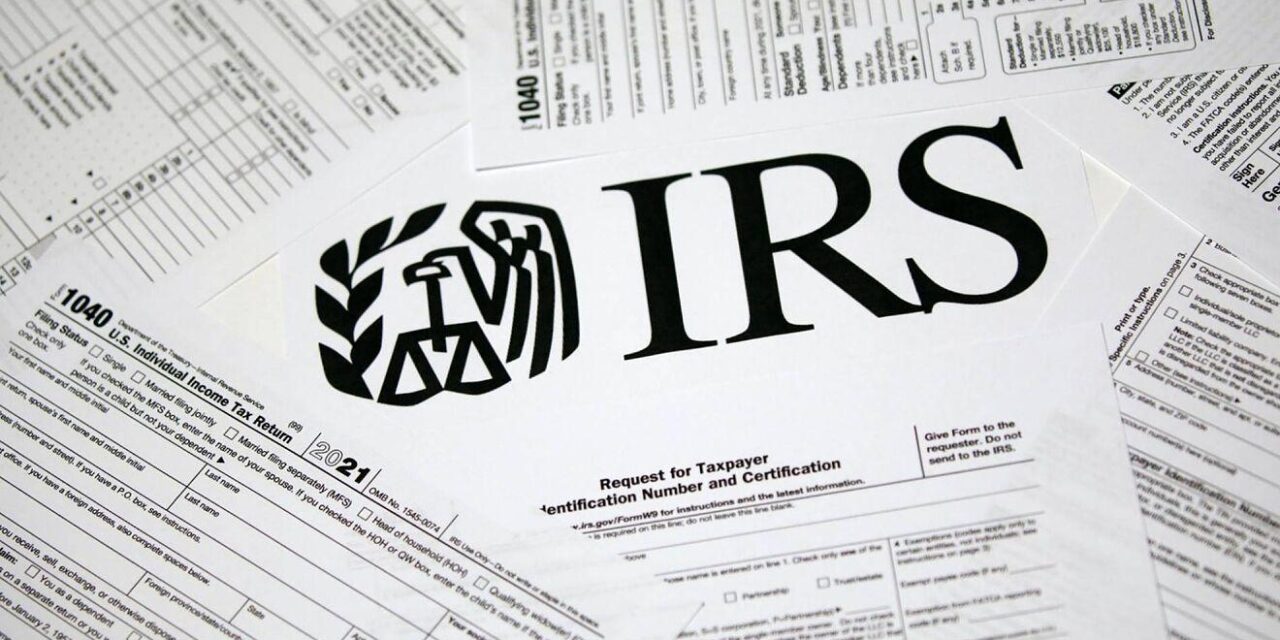Bankruptcy & Taxes
Can I Dump My Tax Debt in Bankruptcy?
Bankruptcy and Tax Debts
By Christian Reeves, Tax Attorney
Personal income tax debts may be eligible for discharge under Chapter 7 or Chapter 13 of the Bankruptcy Code. However, special rules apply to tax debts that make it difficult, if not impossible, for most people to dump their tax debt.
Of course the Federal Government put in special rules to ensure they collect your tax debt ahead of any other type of creditor…did you think it could be otherwise?
The bottom line is this: The IRS usually gets to come after you for two to three years before you can discharge your tax debt in bankruptcy. This means you must set up an Installment Agreement, file an Offer in Compromise, or come to some other agreement that keeps the IRS out of your bank account and paycheck until you are eligible for bankruptcy.
Here are the rules. You must meet all four to qualify for bankruptcy.
1. The due date of the return must be from at least three years before you file for bankruptcy.
The tax debt must be related to a tax return that was due at least three years before you file for bankruptcy. The due date includes any extensions.
For example, your 2008 personal income tax return is due on April 15, 2009. If you did not file an extension, you can usually bankrupt those taxes on April 16, 2012.
2. The return was filed at least two years before you file for bankruptcy.
The tax debt must be related to a tax return that was filed at least two years before you file for bankruptcy. This time is measured from the date you actually filed the return.
So, if you file your delinquent 2002 and 2003 tax returns on October 20, 2009, you can usually bankrupt these taxes on October 21, 2011. Your 2003 return was originally due on April 15, 2004, it has been more than three years since its due date, and you filed your returns at least 24 months before declaring bankruptcy.
3. Your tax assessment has to be at least 240 days old.
Your tax debt must have been assessed for at least 240 days before you file for bankruptcy.
A tax assessment generally refers to two types of tax cases:
1. After an IRS audit runs its course and all of your rights to appeal have been exhausted, then the balance due becomes final. This date is the assessment date.
For example, if your 2005 return is audited and the resulting balance due becomes final on March 30, 2007, you must wait 240 days from this date before bankrupting these taxes.
2. When you don’t file your tax return on time and the IRS computers have data indicating that you might owe money to the IRS, the computers will prepare a “substitute for return” on your behalf. After sending a number of notices to your last known address, the amount due on this substitute return becomes assessed and payable.
a. It is important to note that these substitute returns use the highest tax rate, assume you have no deductions, and are never calculated in your favor. If you owe money to the IRS from this type of assessment, you should file accurate returns before dealing with collections or considering bankruptcy.
b. You must file all delinquent tax returns, including the years involving substitute returns, before declaring bankruptcy.
4. The return is not fraudulent and you are not guilty of tax evasion.
The tax return filed cannot have been fraudulent or frivolous and you can’t be guilty of tax evasion. For the sake of this article, we will assume you filed a reasonable tax return and have not been convicted of tax evasion.
Some Tax Debts Aren’t Dischargeable
Personal income taxes are generally eligible to be discharged in bankruptcy. Personal taxes that are the result of payroll tax or sales tax penalties, known as civil penalties, cannot be discharged.
NOTE: All types of tax debt, including civil penalties, may qualify to be eliminated with an IRS Offer in Compromise, paid off over time with an Installment Agreement, or resolved through other IRS programs.
Bankruptcy to Delay
Bankruptcy will stop all IRS collections and put Installment Agreements on hold until your case is completed. Your bankruptcy case may take weeks, months, or even years, and thus provide you time to get your affairs in order.
However, as stated above, interest and penalties continue to accrue. Also, your collection statute is on hold while you are in bankruptcy. If you are in bankruptcy for 24 months, the collection period is extended by the same period of time.
Collection statute: The IRS typically has 10 years to collect from you once a tax return is filed or tax is assessed. Any time the IRS is prohibited by law from collecting, the collection statute is on hold.
Because there are many remedies available to you within IRS programs, bankruptcy should not be used solely to delay collections. Of course, you may have other debts you wish to discharge, and delay may be an added benefit, but it should not be a primary factor in your decision.
The Effect of These Rules
As a result of these rules, most clients who contact us do not qualify for bankruptcy. Most people can only hide from the IRS for a short time before their bank accounts are drained or their paychecks garnished.
Of those who file bankruptcy to eliminate other creditors, most emerge with a larger tax debt and a more aggressive IRS, because interest and penalties continue to accrue. In most cases we see, bankruptcy leaves only the IRS standing…which is the objective of the rules.
Those of you who are not eligible for bankruptcy must face the tax debt head-on and without delay.
Those who file bankruptcy, and are unable to discharge their tax debt, must keep close tabs on their status and contact the IRS with a complete package of financial information once their bankruptcy has been discharged.
Being proactive and contacting the IRS before they knock on your door is the best and only way to prevent a bank levy or wage garnishment from wiping you out.
——————————————————————————–
Premier Tax & Corporate, Inc. does not offer legal advice and does not provide document preparation or filing for bankruptcy petitions. If you are considering bankruptcy, you should consult an attorney in your area.






Leave a Reply
Want to join the discussion?Feel free to contribute!